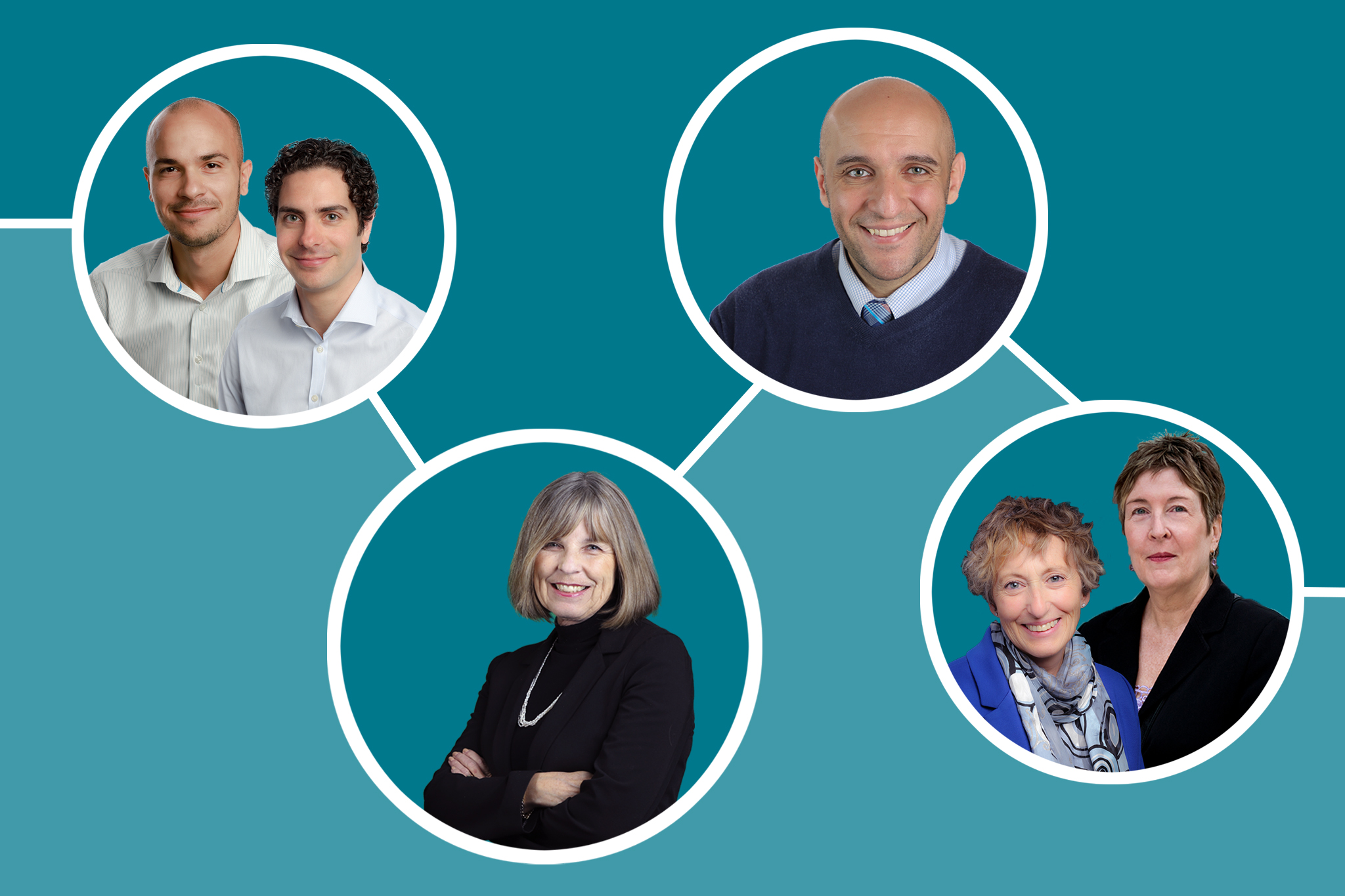
Over the course of the pandemic, it has become clear that Ontarians’ experience of the pandemic has not been equitable. Although the virus itself may not know race, ethnicity and socioeconomic status, these factors have played a clear role in who is disproportionately affected.
“We are now seeing data that shows neighbourhoods with high COVID-19 rates were more likely to have a high proportion of racialized people, immigrants and low-income residents,” said Dr. Sacha Bhatia, chief medical innovation officer at Women’s College Hospital (WCH). “Rates of hospitalizations and deaths due to COVID-19 were dramatically higher in these neighbourhoods compared to the average.”
As community COVID-19 infection rates rose, clinics from across WCH began receiving requests for assistance from their partner organizations, including shelters and congregate living environments, long-term care homes and Indigenous Health Organizations.
“Because our programs had pre-existing relationships with many of these community organizations, we were able to mobilize to support with their needs,” explained Dr. Bhatia. “Both at our COVID-19 Assessment Centre and through conversations with our partners, we saw that some communities were at higher risk of infection and we were in a unique position to quickly establish support systems.”
From mobile testing to assistance with infection prevention and control, WCH teams went into the community to provide rapid response to COVID-19 outbreaks. However, for both Dr. Bhatia and Dr. Aisha Lofters, a family physician and Chair of Implementation Science at WCH, the question remained of how to protect these communities before there is an urgent need.
Dr. Lofters noted that policy-makers have had to make judgment calls throughout the pandemic informed by the best medical evidence; however, in the case of COVID-19, there hasn’t been much evidence to rely on. These judgment calls often have trade-offs, advantaging one group over another. Having voices at the table that can speak from different experiences can bring those trade-offs sharply into view.
“Would we have been quicker to test in congregate living settings if some of the key medical experts or clinical leaders knew those settings well or grew up in them?” added Dr. Lofters. “How differently would we treat personal support workers, the majority of whom are women of colour, if an individual at the expert table was raised by one?”
“There is a lot to be proud of in how quickly we responded to our community partners’ needs – but looking forward, there is an opportunity to identify ways our healthcare policies can pro-actively protect these communities before there is a crisis,” Dr. Bhatia added. “We have witnessed the differential impacts that COVID-19 has on racialized people and marginalized communities. Having policy decisions informed by healthcare leaders and experts who are from these communities is not about tokenism. It could save lives.”

